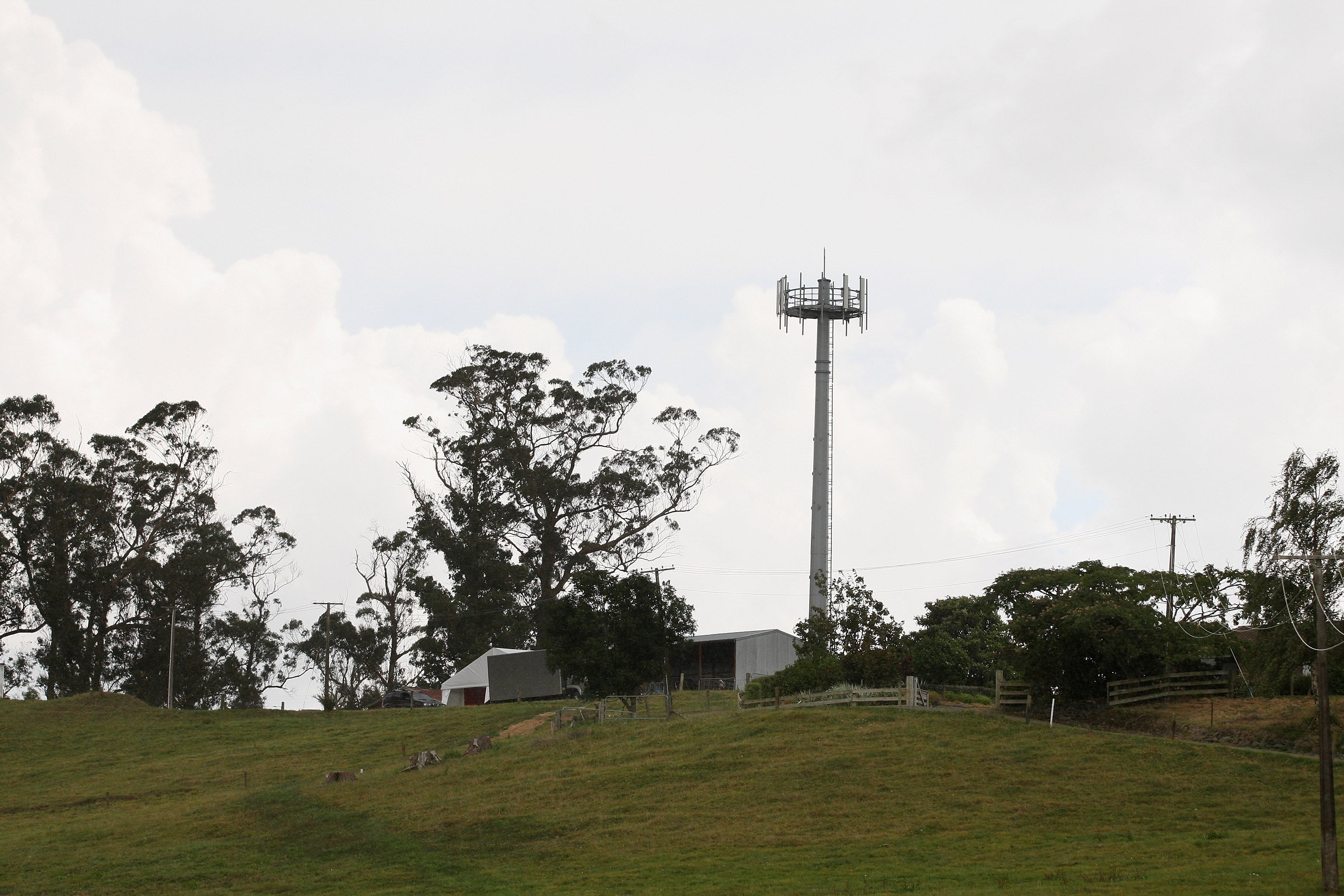Rural internet connection to get £10m boost for 'alternative technologies'
The money will join the £1.2bn fund aimed at delivering high-speed internet access to 95 per cent of the UK by 2017

Your support helps us to tell the story
From reproductive rights to climate change to Big Tech, The Independent is on the ground when the story is developing. Whether it's investigating the financials of Elon Musk's pro-Trump PAC or producing our latest documentary, 'The A Word', which shines a light on the American women fighting for reproductive rights, we know how important it is to parse out the facts from the messaging.
At such a critical moment in US history, we need reporters on the ground. Your donation allows us to keep sending journalists to speak to both sides of the story.
The Independent is trusted by Americans across the entire political spectrum. And unlike many other quality news outlets, we choose not to lock Americans out of our reporting and analysis with paywalls. We believe quality journalism should be available to everyone, paid for by those who can afford it.
Your support makes all the difference.The Government has announced a new £10 million fund that will be made available to bring high-speed internet into the most remote parts of Britain.
The money will join the £1.2 billion of BDUK (Broadband Delivery UK) currently being used to improved internet access across the country, with the Government aiming to connect 95 per cent of the UK to superfast broadband by 2017.
The BDUK scheme is currently being overhauled after it became clear last year that it would miss the first of its deadlines. Government spending watchdogs criticized the project for leaving national telecoms provider BT in a "quasi-monopolistic position".
The new £10m will focusing on reaching "the final 5 per cent" of the 95 per cent target, and will be used to pay for pilot projects that employ alternative technology providers.
Methods of delivering ultra-fast broadband could include using 4G mobile signals to deliver “fixed wireless superfast broadband” or using fibre optics cables that run directly to individuals’ premises.
Culture secretary Maria Miller said that the scheme would think “imaginatively” about how to supply the internet to the Britain’s most rural areas.
“Our nationwide roll-out of superfast broadband will benefit everyone from school children to business owners, parents to patients,” said Mrs Miller.
"An estimated 10,000 homes and businesses are gaining access to superfast speeds every week but now we need to focus on the hardest to reach communities.”
The fund will open on March 17 and will be led by new Broadband Delivery programme chief executive Chris Townsend, with local authorities encouraged to support pilot projects.
Townsend was formerly the commercial director of the London Organising Committee for the 2012 Olympics and will become one of the top 40 best-paid public servants in the country, receiving up to £200,000 a year in salary and bonuses.
Townsend said: "Ensuring that broadband can reach businesses and consumers across the country is one of the most important policies in Government. Faster connections will improve the way people live, work and spend their leisure time."
Join our commenting forum
Join thought-provoking conversations, follow other Independent readers and see their replies
Comments